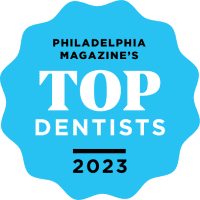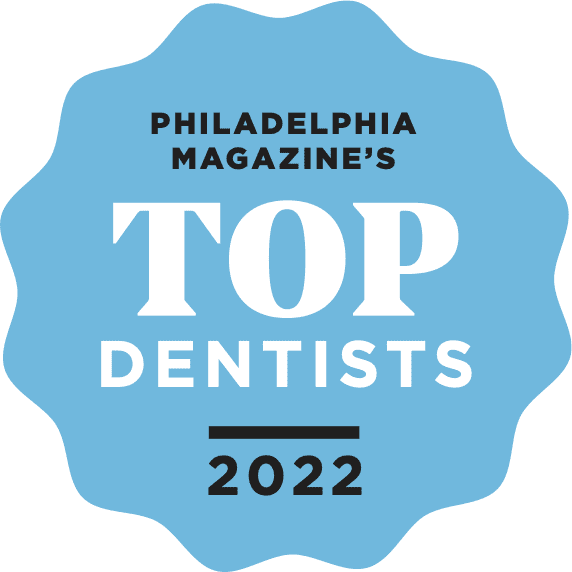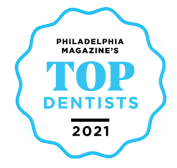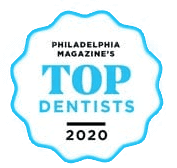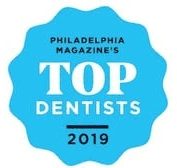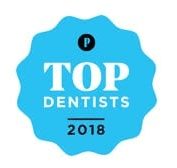Do you or your partner have issues staying asleep because of snoring? Do you wake up still feeling groggy and tired?
If you are a chronic snorer or often find yourself waking up to breathe, you may have a sleep disorder. Millions of Americans snore. However, if snoring is just one of many symptoms, it may be a sign of the most common type of sleep disorder: Obstructive Sleep Apnea (OSA).
Obstructive Sleep Apnea occurs when soft tissues obstructs your breathing passage. When you block your airway, it is difficult to breathe and vital organs do not get the oxygen they need. The contributing factors for obstructive sleep apnea are an overweight or obese body shape, enlarged tonsils and adenoids, and a large tongue that falls back to block the airway. A family history of sleep apnea is also a large factor to consider.
OSA may lead to serious problems without treatment. In severe cases of obstructive sleep apnea, patients may experience heart attacks, strokes or even death. Fortunately, we can diagnose and address your Obstructive Sleep Apnea in our Philadelphia, PA dentist office.
Dr. Drew Shulman and his professional staff are passionate about providing solutions for all kinds of oral health difficulties. They work with patients to address and treat their oral health issues in a timely manner.
Sleep Apnea Treatment in Northeast Philadelphia
Dr. Drew Shulman screens for sleep apnea, and provides an at-home sleep study to patients with symptoms. He also provides patients with dental appliances to stop sleep apnea at the source.
Most dental appliances consist of soft plastic or hard acrylic, like splints and night guards. Furthermore, we customize our oral appliances to each patient for comfort and ease of use. Surgical treatment is not always necessary, but we may recommend it for patients with severe issues.
Treatment options were limited to the Continuous Positive Airway Pressure (CPAP) machine. However, the CPAP machine is not the most popular option because of its bulky and cumbersome design.
Oral Appliances
Wearing an oral appliance at night offers multiple benefits to stop sleep apnea and its symptoms. Oral appliances are a convenient option for our patients because they are easy to use. Oral appliances can:
- Reposition the lower jaw and tongue so that you breathe properly in any position
- Stabilize the jaw to prevent soreness and airway obstruction
- Keep your airway open
- Increase the tongue’s muscle tone for proper alignment
Treating your sleep apnea can reduce the risk of heart disease, stroke, and diabetes. Rest will also improve your concentration and alertness during the day.

Signs of Sleep Apnea
If you have pauses in breathing or find yourself waking up to breathe, you may have OSA. However, signs and symptoms vary from patient to patient.
Some patients report not noticing any symptoms because they occur at night while they are asleep. Other patients only experience one or two symptoms. Symptoms of obstructive sleep apnea can include:
- Chronic migraines and frequent headaches in the morning
- Chronic fatigue, or feeling tired during the day, even after “sleeping” for 6-8 hours
- Feeling “foggy” or unable to concentrate during the day
- Trouble focusing
- Frequent irritability
- Suddenly waking during the night
- Feeling restless at night
- Dry mouth upon waking up
- Depression
- Always snoring while asleep
Sleep Apnea FAQs
What are the symptoms of sleep apnea?
One of the main signs that someone may have sleep apnea is if they consistently snore at night. Not all people who snore have sleep apnea, but it is very common for patients to snore with sleep apnea. Disruptions during sleep, and frequent morning headaches are also common signs of this issue.
How long does a sleep study for sleep apnea take?
From start to finish patients should expect their sleep study to take between 9-10 hours. In order for the sleep study reading to be accurate, technicians will collect data for at least 6 hours.
What negative effects can sleep apnea cause?
Sleep apnea decreases your quality of sleep, which has an overall negative effect on patients day to day life. If left untreated it can also increase patients’ risk of high blood pressure, strokes, heart failure, and heart attacks. Short term effects are headaches, moodiness, and trouble concentrating.
Does sleeping on your back make sleep apnea worse?
Yes, sleeping on your back can make your sleep apnea worse. This is because weight distribution plays a large part while you are laying on your back. Your weight is much more likely to put pressure on your upper airway while laying on your back.
We encourage patients with sleep apnea to sleep on their side. This way their airways are much less likely to have excessive weight put on them laying this way.
Schedule A Sleep Apnea Consultation
Get the restful night of sleep that you deserve. Stop sleep apnea from causing breathing and sleep problems once and for all with proper diagnosis and oral appliance therapy. Call Dr. Shulman at (215) 372-1142 for a professional consultation.

